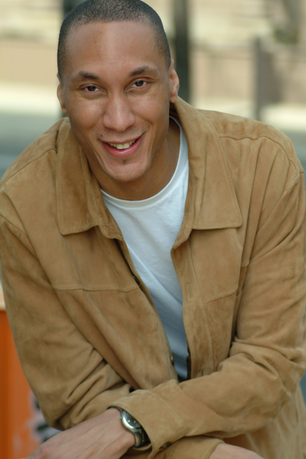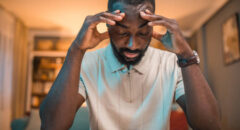
When I first learned about the massacre at Emanuel AME Church in Charleston, South Carolina, I was stunned and heartbroken. I struggled to make sense out of killing innocent people in a place of worship and tried to come to some sort of understanding about how hateful and angry someone could be to plan to execute anyone. This spineless act of taking lives is despicable and hopefully the culprit(s) will be quickly apprehended so that justice can be served. What’s unfortunate about this situation is that there was nothing that anyone could have done to prevent, prepare, or deter this level of hate. Nine people’s lives were lost as a result and millions of lives across our country will be forever changed.
But what about those people who were in the church during the time of the shooting who were not killed? How might they be able to emotionally recover from this horrific experience? What resources might be available to those who have family members who were in the church?
Members and families of the congregants should seek immediate counseling in order to process their feelings about what happened as well as the meanings that are derived from what happened. A counselor (e.g., clinical or pastoral) can help families grieve in a healthy manner and try to help them try to put their lives back together. Counseling can also help families think through their anger, frustration, resentment, bitterness, sense of powerlessness, anxiety, guilt, and sadness and get them to make constructive decisions during this time of confusion and chaos.
Violence of this proportion was never intended to be understood or even accepted by the perpetrator(s). There is no rationale for anything that happened but counseling can help the families of all involved deal with the trauma and painful memories of the events. Those in attendance at the church as well as other church members should remain cognizant that they are also susceptible to “survivor’s guilt” for remaining alive while other’s died. Please know and accept that there wasn’t anything that anyone could have done to prevent this catastrophic event.
Sometimes when people are involved in profound emotional and psychological circumstances as in the shooting in Charleston, South Carolina, they may be vulnerable to post traumatic stress disorder (PTSD). The hyperstress experienced from witnessing the event or even hearing about the event from a family member who was present may produce an unprecedented hyperarousal that may be too overwhelming to emotionally handle.
Preliminary news reports have shared that there were other people in the church who were able to not be harmed physically but there is/maybe an emotional reaction to being a part of the event that warrants psychological and possibly spiritual guidance and support.
As a parent, I would also like to encourage that families seek counseling for their children as well. Oftentimes, our children our left to figure out complex/sensitive issues and they need an opportunity to process events as much as adults do. Counseling can also help parents speak strategically and constructively with their children about how to make sense out of violence and possibly help them process loss, anger, and healthy conflict resolution.
The counselors that families seek should be skilled and have experience in crisis, disaster, response, and trauma work in order to help effective emotional and behavioral navigation. Counselors should also be adept at how this circumstance impacts people at different ages as well as have an understanding of how spirituality may intersect with this tragic narrative.
Counselors should also have a grasp of the overlap of violence, race relations, bereavement, social politics, and trauma. Without this professional conceptualization of the events that have transpired, it may be difficult for the counselor to effectively meet the needs of the affected families.
Our country will mourn this day for a long time and I hope that families are able to get the emotional and mental health support needed. Families should check local listings for a counselor who can help them through this tragedy.
 Dr. James Wadley is an Associate Professor and Director of the Master of Human Services Program at Lincoln University. He’s a licensed professional counselor and marriage, family, and sexuality therapist in Pennsylvania and New Jersey. He is also the Founder and Editor of the Journal of Black Sexuality and Relationships. Follow him on Twitter @phdjamesw
Dr. James Wadley is an Associate Professor and Director of the Master of Human Services Program at Lincoln University. He’s a licensed professional counselor and marriage, family, and sexuality therapist in Pennsylvania and New Jersey. He is also the Founder and Editor of the Journal of Black Sexuality and Relationships. Follow him on Twitter @phdjamesw






